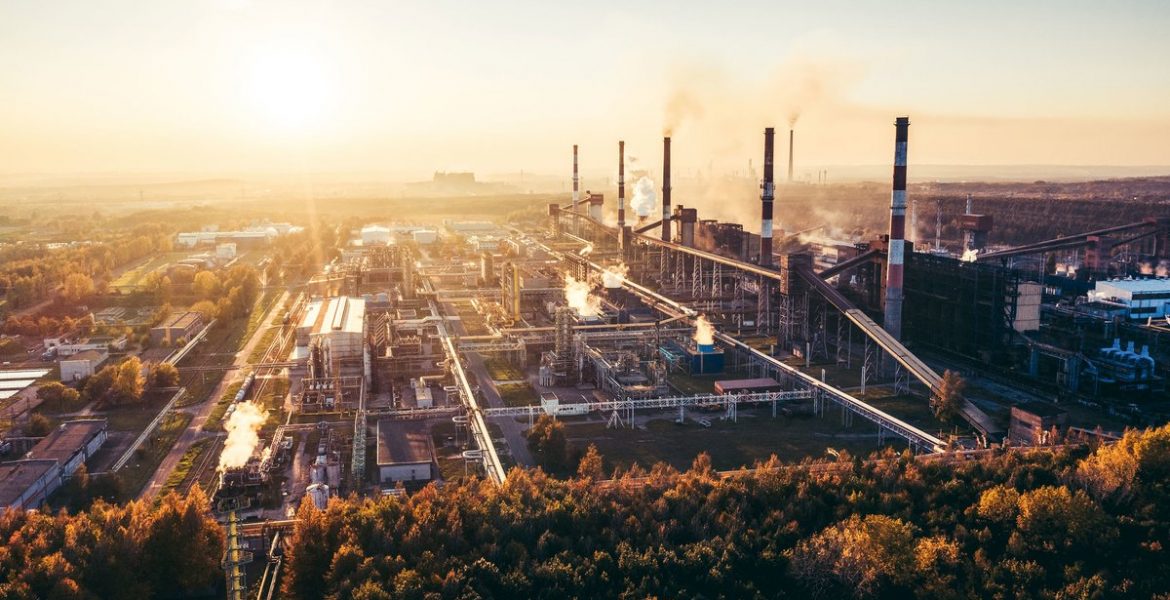The EU needs to reassess the priorities of its industrial policy in light of the pandemic and the conflict on Europe’s eastern border: this is what emerged from a conference hosted by the European Economic and Social Committee (EESC).
The Conference, titled “A sustainable future for European industry”, was organized in cooperation with the European Commission and the French presidency of the Council of the European Union.
Opening the Conference, EESC President Christa Schweng stressed the need for a cooperative approach to shaping EU industrial policy: “We must work in partnership with industry, public authorities, social partners and all relevant stakeholders when building a sustainable future for European industry. In doing so, we must leave nobody behind”.
While the EU and its Member States are still facing the aftermath of the COVID 19 crisis, the dramatic events in Ukraine have shocked the continent, exacerbating the need to look into and address strategic dependencies in each industrial sector. Most speakers saw the conflict as one more strong argument to keep pushing for green objectives, though some thought the circumstances called for a rethink of green goals, and went as far as to envisage a return to coal in Europe.
“New emerging factors – inflation, debt, defence, and energy – completely change the industrial strategy that we need to pursue. It is now necessary to rethink the objectives of the transition. Strategic autonomy and defence must be our new imperative,” urged MEP Carlo Calenda, former Italian Minister of Economic Development.
The Executive Vice-President of the European Commission, Margrethe Vestager, said: “We must recognize that a crisis, regardless of its nature, can cause major supply or demand shocks that affect our industries and can fragment the single market. In strategic areas ranging from technology to food and health, Europe’s industrial policy must find ways and means to reduce one-sided reliance on others. Concretely, this means deepening and completing our Single Market, as well as strengthening its resilience in times of crisis. It also means protecting our Single Market against external influence, whether in the form of distortive foreign subsidies or coercion attempts by foreign governments. “
The transition to sustainable energy consumption and production represents an opportunity for Europe to modernise its industrial foundations. “We need a deep transition of our industrial operations, which will necessitate significant investments and time. The successes of the batteries industry have proven that stakeholders are able to mobilize very quickly if policymakers launch supporting projects in a timely manner” says Thomas Courbe, Director-General for Enterprise at the French Ministry of the Economy, Finance and the Recovery.
The green and digital transition must foster fair and socially just job creation conditions in the spirit of the leave-no-one-behind principle. The goal should be to reduce greenhouse gas emissions as much as possible at the lowest possible socioeconomic cost, explained Sandra Parthie, EESC rapporteur on EESC rapporteur, and director of the Brussels office of the German Economic Institute. “Skills are the key factor to enable people to benefit from this transition, shortages in value chains and shortages of skilled workers are undermining Europe’s ability to recover rapidly from the pandemic and become truly resilient”, she said.
Industry is central to our economies because it generates wealth, creates jobs, and fuels our welfare systems. Therefore, a sustainable industrial strategy should capitalize on regional specialisation and recognise the importance of local businesses. According to Eddy van Hijum, rapporteur of the European Committee of the Regions on the SME plan.
“in order to truly become more resilient, we need to address the impact recent developments have on our local businesses and deliver a strategy that works for them.”In these times of growing geopolitical tensions, it is important to encourage the development of a cohesive vision of the European Union and its industries. According to Thierry Breton, European Commissioner for the Internal Market, we should strive for “A Europe that invests in cutting-edge products and technologies to remain competitive and generate quality jobs. A Europe leader in the markets of the future. And a “factory” Europe that equips itself not only to meet its own needs but also to conquer world markets.”
Margrethe Vestager closed the conference stressing that “Unity is the child of discussion; it comes from dialogue. It is not something that can be imposed on one another. We have made a fundamental, strategic choice to create a sustainable future where no one is left behind and we will not waver. This kind of positive change will require everyone to do their part.”
This conference rounds up a series of webinars on a new EU industrial strategy, which the EESC organized between June 2021 and February 2022 to help shape EU industrial policy for the future. Each webinar was organized by a different thematic section looking at industrial policy issues from different angles.




